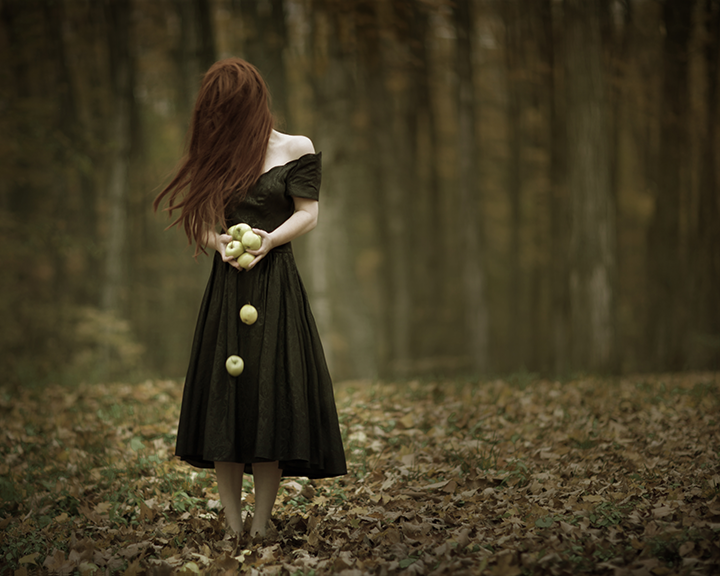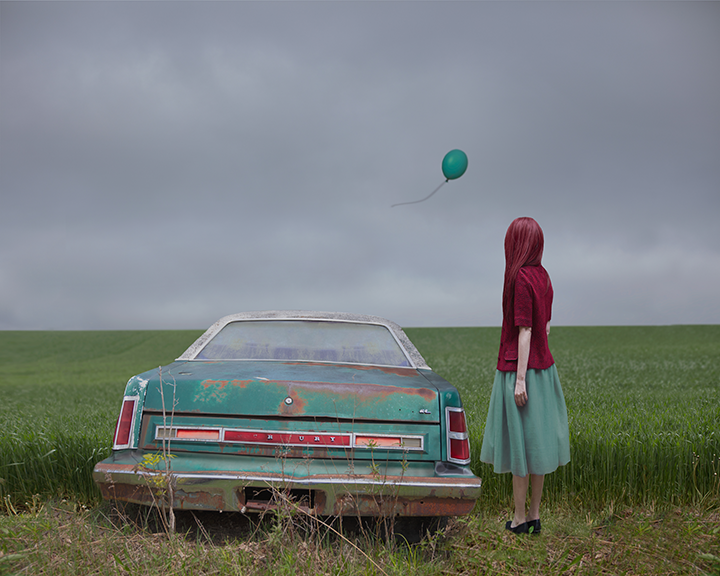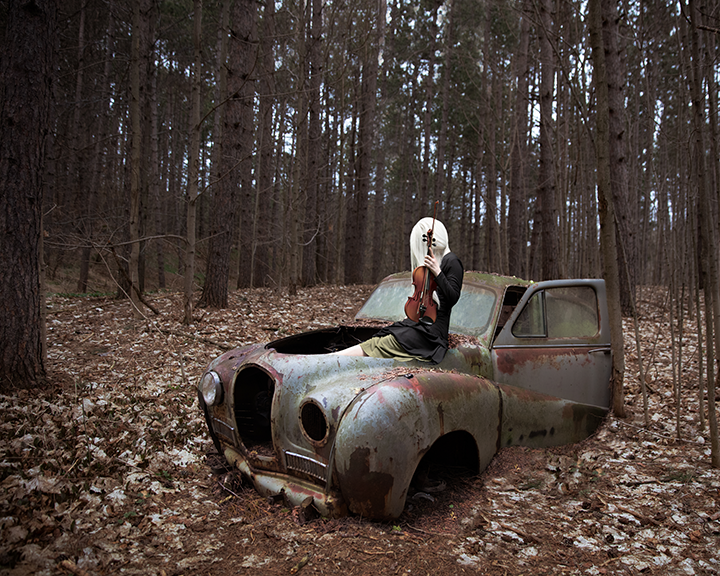
Before I gush over the glorious work in this winter issue, I want to briefly return to 2024 (as one does in the wake of New Year’s)—what a year! You likely noticed a few changes to the masthead, for we waved farewell to editors Mari-Lou Riley, Brenda Schmidt, and Kate O’Gorman, and welcomed onboard myself, along with Taidgh Lynch and Credence McFadzean.
We also made the exciting decision to offer, in addition to print, digital issues of Grain. Other highlights included an Honourable Mention for Fiction at the National Magazine Awards, and numerous poems selected, once again, for the Best Canadian Poetry series.
With our new editorial team in place, I’m delighted to say Grain will continue to provide space in 2025, and beyond, for writers and poets to share their work.
And speaking of place and writing, the title of this issue, “to have been there,” yokes together the poems, stories, and artwork featured in Volume 52.2 (“Tonella tenella, Or the One Where I Profess My Love for You,” Allegra Kaplan). In love, divorce, a funeral, or even the end of days, the urban, domestic, and natural settings become characters in their own right. Diner, office, suspension bridge; desert, river, orchard; kitchen, bed, living room—these spaces become topographical. Not topography in the geographical sense, but familial. What does the relationship between father and son, husband and wife, sister and brother, look like? What are the rough edges, the smooth parts, the boundaries?
So whether you’ve been with Grain for decades or are visiting us for the first time, we’re glad you’ve stopped by. Thank you for being here.
- Elena Bentley, Editor
TONELLA, TENELLA, OR THE ONE WHERE I PROFESS MY LOVE FOR YOU | Allegra Kaplan
Yellow flowers. Your grandmother, too.
We’re in the dining room—which is the living room
and also the thin slice of room next to our
topography—I’ve never been there.
Nothing Freudian about it. I want you
to have been there. I’m telling you
how my father was. It behooved him
to remove those small sealed cups of coffee creamer
from diner tables, so I downed them like shots when
he wasn’t looking. I want you to have been there.
Not as my father—not as the train running through the countryside,
either. Sorry, I don’t know the exact fire ants your sister ate
off the ground. Baby, I want to down you like a
Dairyland Creamo 10% Milkfat Half & Half Creamer cup.
But listen: I’m not your mother. Nothing Oedipal about it.
I want to have been your father, and the fistful, and the river
that bordered your house. The neighbours down the street
and your grandmother, too. The massive patchwork fur coat
and the framed double-exposed orange cat in the field of
yellow flowers that we left behind, our three dining room
chairs at the roadside. You’ve taught me the
names of every plant that grows here. Tonella tenella,
or lesser baby innocence. Baby, my love for you is no
lesser for its innocence. We’re sitting at the mouth of
our galley kitchen. I want you to have been there.
Not as me. Not as any third, separate party either.
THE PINK ROBOTS [excerpt] | Cody Caetano

When I was a kid, my dad told me that RoboCop would take me away if I misbehaved enough. Not stranger danger and not Children’s Aid. A straight up machine.
My father Rex loved robots. Even the cop ones. He loved making a gun with his index, bird, and thumb and pointing it at anyone who got too close. Especially at those he loved the most. My cousin Timbit called him Uncle Gun and Uncle Gun called it finding the bullseye. He found the bullseye on my papa’s hallucinations. He drew those fingers on floats parading through the main streets of Rodeo. And the man lifted both hands off the wheel or out of his raggedy-ass and patched jean jacket as he passed the band office or city hall. But no sights got set on the conduct of his one and only son. Instead, he would just pause the Panasonic or ask his call to hold and deliver the line mid-convo or movie. And it didn’t matter whether or not I still wet the bed, or if he had donated my last set of Lego: into Mr. RoboCop’s late-eighties Ford Taurus goes Bear Allen Thomas Smoke, ready for the judge come Monday morning.
Let’s suppose I was a target from the start.Two-percent bones all the way from my spine to my nine toes. Outnumbering two kids to one by the time I could stand, I was a nine-toed boy who quickly found himself inside the thoughts and body of a grown, nine-toed man, one who lived his best and most true life and perhaps longer than his dumbest choices. But I wasn’t that grown when he first said it. Cops grown. Or so I thought! Yet he nonetheless reminded me, at first the one time and then frequently, that the fattest tabby cat I could imagine had a better chance at lasting in a world full of mutts than a Smoke.
Over and over, he told me this because I was an only child and one of the last branches to shoot from the family evergreen. He said it because him, Auntie Pattie, and Uncle Trav were the last Smokes from their generation, and because life out in Buffs had trap carded or blown too many of us to smithereens.To my dad, Buffs is where the bullseyes found themselves, where a cub like me orTimbit might stray far enough down the narrows and vanish, just like the Lori sisters or Shauna’s kid did. And that aura of danger curled around the Smokes. To the Smokes, the twin flames of danger and doom lurked in the fields of barley that grew hours from the southern border, in those wheat stalks and rice ponds and kilos-long canopies of dawn that wound around the belly of the lake and snaked from Ricky Germaine’s place off Highway 11 to Auntie Pattie’s cabin near the abandoned CNR tracks. It was like the whole RCMP would roll off the freeway or the PC and bust in the front door and through Windows XP’s Californian wine country if I so much as took another boy’s cookie, if I so much as upped and Jesus and Suburbia’d my way out of Buffs. I often got warned of the long and dark road of dishonesty that made those who took it forever crooked. But as a boy, I had no need for Chips Ahoy! and was happy with our President’s Choice of diabetic biscuits, and even the ceramic jar of them on the fridge, appreciated its colour, size, and shape, that of a healthy peach, on which some factory worker had hand-painted a wide-eyed and smiling cookie. Plus I’ve never lied, stolen, or cheated all my life.
TIME SIGNATURES | Vikki C.
It’s easy to make up in the orchard,
under the anxious rain of blossoms.
Little thought about our appearance,
always kindly compensated by god-light.
A sacred knife cutting away the parts
of our lives which obstruct love,
as a seamstress switches to clear thread
to render the wound inconspicuous.
Elsewhere, the gold pears will themselves
to fall, before our fingers grow impatient.
A mother is always near, a child, too.
Both quiet and content—they bend instead
of reach—to collect the fallen fruit.
Hours which gleam with an older devotion.
Effort catches, a sigh is released.
We both know this is the bluest heartsong
—a ritual of dirt, salt and modesty.
Like grooming the mare’s smooth neck,
before turning her out to pasture each morning.
Seeing your face in its exquisite sheen,
untying the slip knot and watching her
grow small with distance—
becoming an untended prayer in the mist.
POSITIVE THOUGHTS [excerpt] | Tam Eastley

No more unpleasantness. As my sister reminds me hundreds of times a day, I must try to think only positive thoughts.
– Haruki Murakami, Hear the Wind Sing
Positive thoughts, my sister tells me. We have so little time left, let’s enjoy it. Let’s wake up early, go for walks in the tall grasses, admire the trickle of the stream. Let’s kneel down in the dirt like we did when we were kids and search for tadpoles.
I arrive on Sunday with enough clothes to last me a week. I wonder if that’s enough. My sister picks me up at the bus station, and on the way to our childhood home in the countryside, I ask to stop at the grocery store. I already have everything though, my sister says.Water, salt and vinegar chips, pumpkin seed bread rolls, cheddar cheese, strawberries, chocolate chip cookies, wine. But I tell her I want to go anyway. If only just to look. We drive down main street and she points to the store from the driver’s seat as if I won’t recognize it anymore. There, now you’ve seen it, she says, not meeting my eyes. The shopping carts I remember riding in roll loose in the parking lot. A window has been smashed.
My sister comes to my room at 6:00 a.m. the next morning. She doesn’t knock. She lets herself in, sits down on my bed, and starts flicking at my foot in that way she knows will annoy me. This is no joke, she says, her tone serious. I meant what I said about enjoying ourselves. I pull on my shoes and my housecoat and follow her down to the stream. A dove hoots like an owl.The sun spills out over the hills, flashing purple and red. I used to know the names of the wildflowers here. I’ve forgotten them now. I start taking pictures with my phone, but my sister swats it from my hand and it falls in a rosemary bush. Hey, I say. She asks me who I’m taking pictures for and I open my mouth to say me, to look back on this day, then I close it again. I leave my phone where it is.
It’s hard to see if tadpoles are in the stream because a thick layer of algae sits on the surface of the water like a fuzzy blanket. We poke at it with sticks and peek inside. Hello? I ask. Mr. Tadpole? Are you there? My sister draws smiley faces in the goo, and when she picks her stick up out of the water it’s like radioactive drool. I push the thought from my mind and say, are we disrupting the ecosystem? And she says, fuck it.




